News
Lawyer Ahmednasir Details How Supreme Court Judges Were Bribed In 2022 Presidential Petition
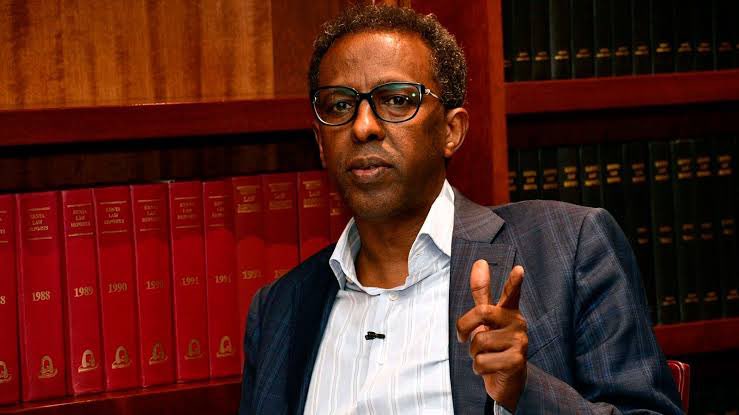
Senior Counsel Ahmednasir Abdulahi has taken his fight against the supreme court of Kenya to the regional court and lift lid on corruption that he has claimed has marred Kenya’s apex court.
In the suit before the East African Court of Justice, the lawyer has sued Kenyan government seeking to quash a Supreme Court ban against him, and demanding damages of Sh200 million for alleged violation of his right to fair administrative action.
The lawyer argues that the Supreme Court has unlawfully denied him audience based on a “judge-made offence” intended to stop the lawyer from publicly speaking about corruption in the Judiciary.
He also claims that the ban was imposed following an exchange of WhatsApp messages between a few members of the Supreme Court bench.
The Sh200 million bill Mr Abdullahi wants taxpayers to foot is allegedly legal fees the lawyer would have earned in cases he was hired to represent clients, and which are pending determination at the Supreme Court.
“…That this honourable court be pleased to award damages of Sh200,000,000 or other sums to the applicant being the fees that the applicant forfeited for cases he had to conduct before the Supreme Court,” Mr Abdullahi adds.
He claims that the top judges have manipulated laws on contempt of court to unlawfully ban him from appearing before the Supreme Court.
How Supreme Court judges were bribed
Perhaps the most interesting part of the petition is the lawyer without mentioning the names, gives a blow by blow encounter on how judges were supposedly bribe to influence the 2022 presidential petition judgement.
Under particulars of incompetence corruption and incompetence by Supreme Court judges, Mr Abdulahi claims that four out of the seven judges were paid between $1.5-2 million (Sh200-266 million) each to overturn the election of William Ruto that had been challenged by Raila Odinga but were however unable to deliver, “4 out of the 7 members of the full bench of the Supreme Court that heard the presidential poll petition by Raila Odinga challenging the results of the August 9, 2022 presidential elections which pitted William Ruto against members of Kenya’s two elite and most powerful political families, accepted bribes of between US$ 1.5 to 2 million each but were unable to influence the outcome of the verdict rendered on 5th September 2022 by which the Supreme Court unanimously upheld William Ruto’s win.” he says in the court document seen by Kenya Insights.
He goes further to explain how each of the judges were bribed and how the cash was delivered, “Judge A accepted a bribe that was delivered at Judge A’s home in Nairobi by a very powerful politician; Judge B accepted bribes from 3 individuals, the son of a deceased leader, a retired governor and an influential businesswoman; Judge C took a bribe from a member of the National Intelligence Service (NIS) who subsequently left employment of the said service; Judge D accepted a bribe from a member of Parliament. Initially Judge D wanted the bribe to be given to his wife but later changed his mind.” Ahmednasir claimed in the suit.
Corruption allegations
In serializing the alleged corruption in the Supreme Court as part of his evidence, Ahmednasir mentions the case of Justice Phillip Tunoi, who was accused of taking a bribe of US$ 2 million to influence the outcome of an election petition before the Supreme Court, he was found guilty and consequently dismissed by former president Uhuru Kenyatta.
He also mentions teaked documents, popularly known as the Panama Papers that alleged that Justice, Kalpana Rawal, who became Kenya’s second Deputy Chief Justice and Vice-President of the Supreme Court in June 2013, had been actively involved together with her husband in operating offshore companies in the notorious Caribbean tax heaven that is popular with drug dealers, dictators
and other people and entities keen to skirt rules, hide assets and avoid paying taxes. It was widely reported that the offshore companies were used
to sell properties in the United Kingdom worth millions of shillings.
Mr Abdulahi also brought up an issue where the JSC recommended the investigation of Justice Jackton Ojwang over allegations that he received favors from Okoth Obado, the then Migori Governor, in exchange for influencing a case involving the said politician. It was alleged that Justice Ojwang had a close relationship with the Governor and benefitted through construction ofa road leading to his rural home after issuing a favorable decision in a case in which the Governor had an interest. However, he says the Justice Visram led Tribunal cleared Justice Ojwang of misconduct after visiting Migori County and found that the road concerned was a public road.
He also mentions the pelition was filed at the JSC by Jared Ongeri seeking the removal of Justices Mohammed Ibrahim, Justice Jackton Ojwang, Justice Smokin Wanjala and Justice Njoki Ndungu for taking a bribe in order to influence the outcome of the Wajir Governor election petition.
“Justice Philomena Mwilu, who became Kenya’s third Deputy Chief Justice in October 2016, was arrested and charged with corruption and other economic crimes including tax evasion, fraudulent recovery of loan securities and abuse of office regarding her dealings with a mid-tier Kenyan bank that collapsed in October 2015. It was widely reported that the Deputy Chief Justice Philomena Mwilu was charged with criminal offences relating to abuse of office for personal gain and that she accepted a cash gift in circumstances which undermined public confidence in the integrity of her office amongst other transgressions. All the charges fronted against the Deputy Chief Justice Philomena Mwilu were upheld in a constitutional reference challenging her arrest. However, the criminal prosecution was quashed after a constitutional court ruled that her privacy was violated and the police failed to follow due process in gathering evidence against her.” He said in the court document.
On misconduct of judges, he has dragged the former chief justice whom he accuses of nepotism, “Justice David Maraga who became the 14th Chief Justice and the 2nd President of the Supreme Court of Kenya in October 2016 faced several petitions before the Judicial Service Commission of the Respondent State (SC) to remove him from office for gross misconduct most notably one by Yusuf Dimbil who accused him of tribalism in that he appointed only members of his Kisii tribe in his office most notably his chief of staff, personal assistant, legal counsel, secretaries and other staff.” He says.
Also brought up was the dramatic baby mama, “ It was also widely reported in June 2020 that a middle-aged woman had accused Chief Justice David Maraga for neglecting a child they had together following an extra-marital affair. Chief Justice David Maraga was accused of abusing his office to frustrate any attempt by the woman in question to file any child support case before the Children’s court in Kenya.”
Kenya Insights allows guest blogging, if you want to be published on Kenya’s most authoritative and accurate blog, have an expose, news TIPS, story angles, human interest stories, drop us an email on [email protected] or via Telegram
-

 News2 weeks ago
News2 weeks agoKenyan Driver Hospitalized After Dubai Assault for Rejecting Gay Advances, Passport Seized as Authorities Remain Silent
-
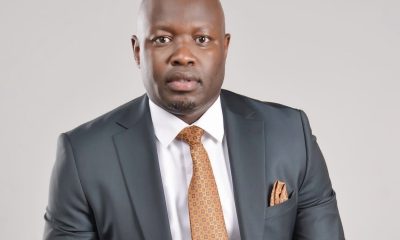
 Investigations6 days ago
Investigations6 days agoMoney Bior, Lawyer Stephen Ndeda Among 18 Accused Of Running An International Fraud Ring Involved With Scamming American Investor Sh500 Million
-

 Investigations5 days ago
Investigations5 days agoNestlé Accused of Risking Babies’ Health in Africa with ‘Toxic’ Cerelac Product Sold Highest in Kenya
-
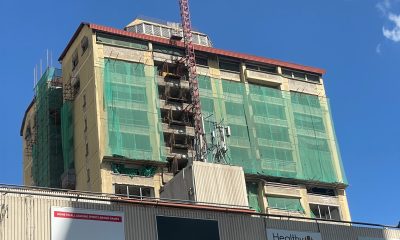
 Business2 weeks ago
Business2 weeks agoConstruction Of Stalled Yaya Center Block Resumes After More Than 3 Decades and The Concrete Story Behind It
-

 Investigations2 weeks ago
Investigations2 weeks agoHow Somali Money From Minnesota Fraud Ended In Funding Nairobi Real Estate Boom, Al Shabaab Attracting Trump’s Wrath
-
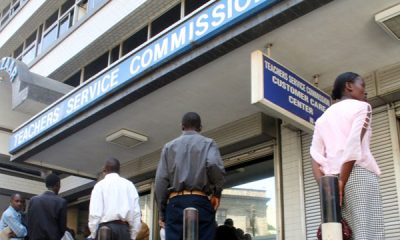
 News1 week ago
News1 week agoTSC Announces Major Policy Shift To End Transfer Of Promoted Teachers
-

 News5 days ago
News5 days ago48-Year-Old Woman Who Pushed 25-Year-Old Boyfriend To Death From 14th Floor Kilimani Apartment Arrested
-
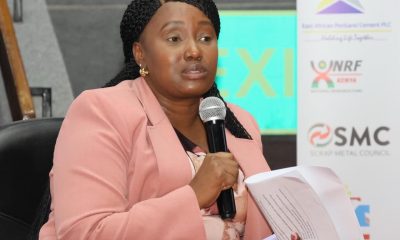
 Investigations6 days ago
Investigations6 days agoKDC Rocked With Fresh Sh500 Million Tender Scam














